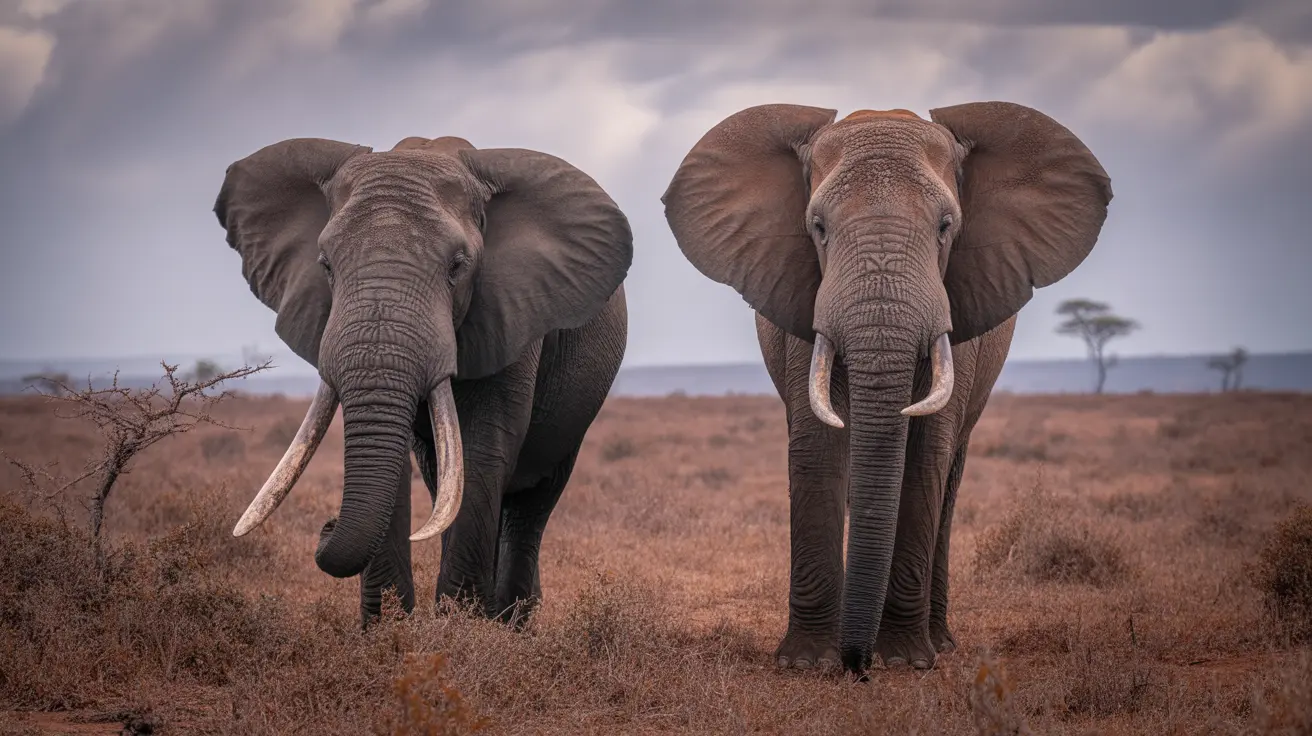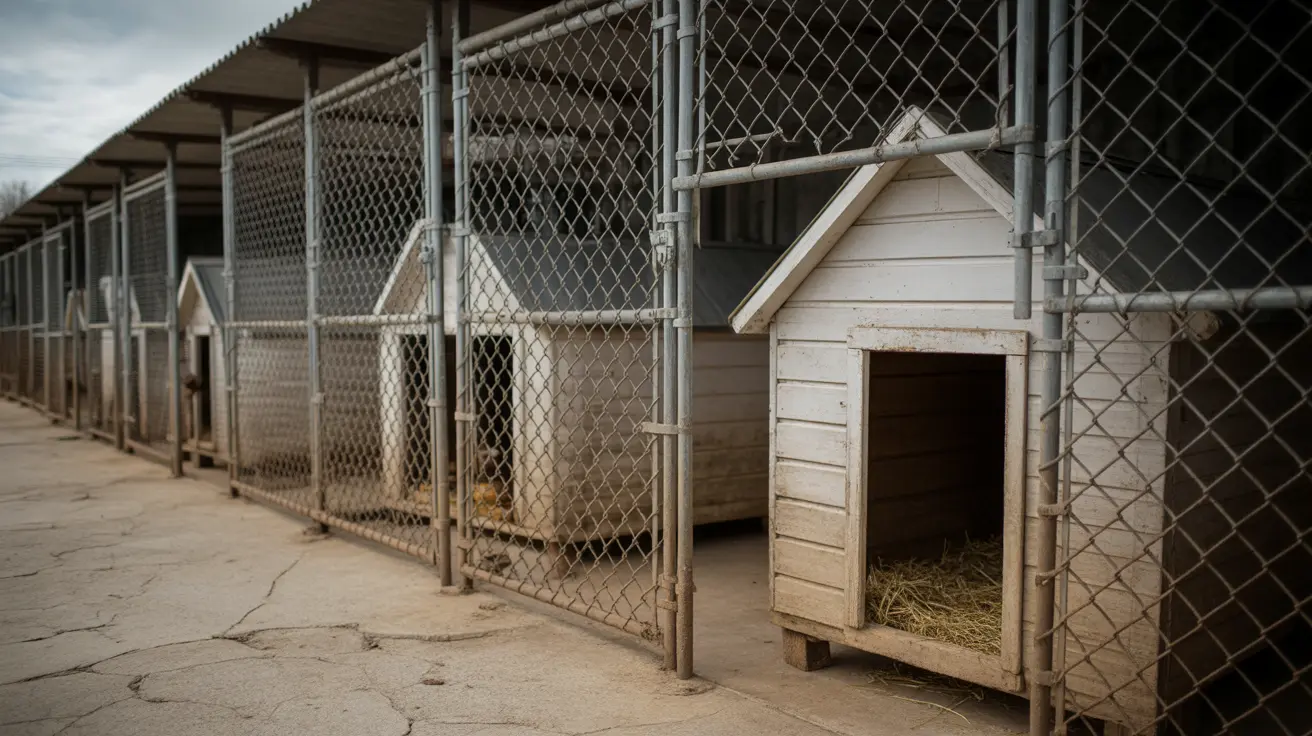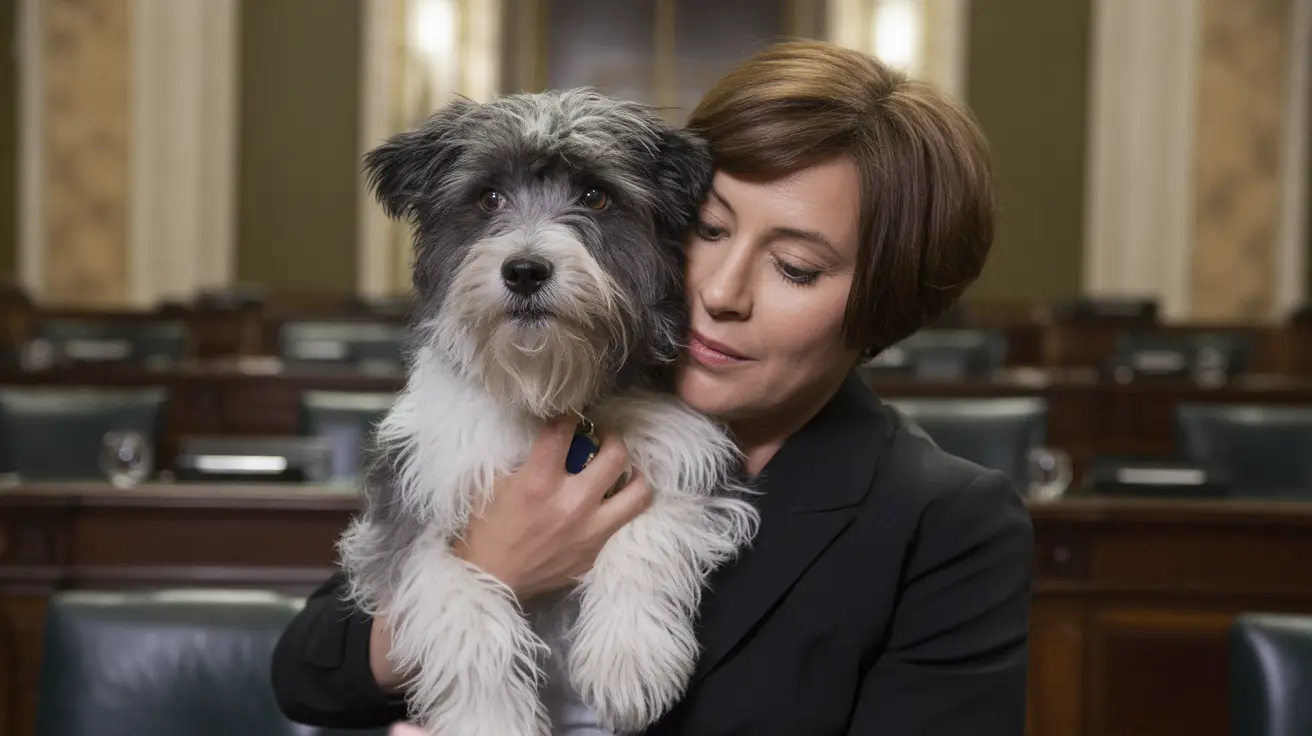Which Type of Cat is Clingy? Understanding Feline Affection
When choosing a feline companion, it’s important to consider their temperament—especially if you're looking for a cuddly and emotionally attached pet. While many cats enjoy their independence, some are well-known for their affectionate and clingy nature. In this guide, we explore the most clingy cat breeds and what makes them so lovingly attached to their humans.
1. Ragdoll Cats – The Ultimate Lap Cats
Ragdolls are often referred to as the most affectionate and clingy breed. Bred specifically for their docile and gentle temperament, they tend to follow their owners room to room and enjoy being held like babies.
Key traits:
- Very sociable and friendly
- Often go limp when picked up—hence the name "Ragdoll"
- Enjoy physical contact and snuggling
2. Siamese Cats – Vocal and Loyal
Siamese cats are intelligent, curious, and vocal. They form strong bonds with their families and dislike being left alone.
Key traits:
- Love attention and conversation
- May become anxious if ignored
- Often follow owners around the house
3. Sphynx Cats – Affectionate and Social
Sphynx cats, though hairless, are extremely warm in temperament. They crave human contact and do not enjoy solitude.
Key traits:
- Seek constant attention and body warmth
- Often sleep under covers with their humans
- Demonstrate dog-like loyalty and playfulness
4. Scottish Fold – Sensitive and Affectionate
Scottish Folds are calm, sweet, and known for enjoying quiet companionship. They bond deeply with their family and like routine.
Key traits:
- Adapt well to homebound people and families
- Follow you around but not overly demanding
- Great lap cats with a soothing presence
5. Birman Cats – Gentle and Loving
Birman cats combine playfulness with deep affection. They thrive on positive human interaction.
Key traits:
- Calm and poised demeanor
- Prefer to be never too far from their humans
- Friendly toward strangers and other pets
Why Are Some Cats Clingier Than Others?
Cat clinginess can stem from a combination of
genetics, upbringing, and environment. Breeds that were selectively bred for companionship often develop more human-centric behaviors.
Common factors influencing clinginess:
- Early socialization and affection by humans
- Lack of other pets at home
- Personality traits reinforced through bonding
Tips for Managing a Clingy Cat
If your kitty is a little too attached, here are a few strategies that can help:
- Interactive toys: Keep them mentally stimulated when you're busy.
- Scheduled attention: Set specific times for bonding to build trust without dependency.
- Cat trees and windows perches: Give them their own space to relax.
- Consider a companion pet: Another animal friend can reduce their dependency on you.
Are Clingy Cats Right for You?
If you work from home or prefer a loyal, affectionate companion, clingy cats can be a perfect choice. They offer meaningful bonds, warmth, and plenty of purring sessions. However, make sure you have the time and emotional availability to reciprocate their love—they can suffer from separation anxiety if left alone too long.
Final Thoughts
While all cats have unique personalities, breeds like the Ragdoll, Siamese, and Sphynx are more predisposed to clinginess and human bonding. If you're looking for a furry shadow who greets you at the door, sleeps on your pillow, and follows you everywhere, one of these affectionate breeds may be just the companion you’re seeking.





